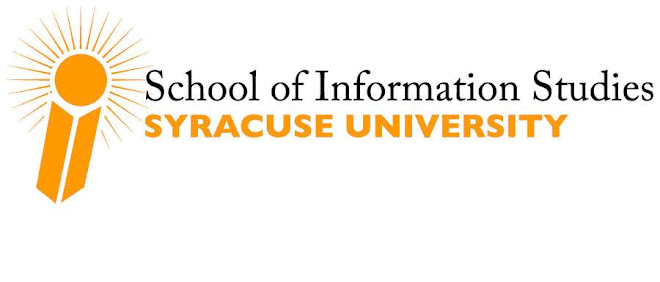For children who have chronic diseases, the transition to adulthood brings a range of information management issues. Until this point, the parents have considered themselves the owner of their child’s complete medical history—pulling together all of their personal observations as well as the treatments by numerous doctors and specialists over the span of their child’s life.
Transferring medical history information from pediatricians to adult-care physicians as well as from the parents to the patient presents medical informatics challenges. This example, presented by Syracuse Professor Carsten Osterlund, is one of many discussed in a roundtable discussion, iSchool Health and Medical Research Initiatives and Opportunities, on February 9.
With U.S. President Barack Obama pledging to fund projects in medical informatics and transferring paper records into electronic medical records, iSchool faculty and students were interested in sharing information and building relationships to support their research in this area.
Genetics, patient perception, collaborative information behavior in health care teams, aging, emergency medical management, community health information, pharmaceutical connections, accessibility and access technology, and social networking and gaming in medicine were all topics of interest to those in attendance.
Professor Ellen Detlefsen of the University of Pittsburgh outlined what she considered to be “success factors” in building medical informatics research projects, including:
· One or more full-time faculty members focused on health information
· A medical or health science faculty nearby, preferably within a medical school
· Access to large academic health sciences library
· Other medical informatics research underway within the same university
· Personal, professional, and electronic links among the previous four factors
Associate Dean of Rutger’s iSchool Hartmut Mokros and Professor Madhu Reddy of Penn State said one of the challenges is understanding the language used in health information and finding the parallels to your research interests. Each discipline or field of medicine has its own language, so Mokros suggested focusing on the problem to find collaborations, rather than the discipline.
“I noticed there’s a lot of interest at the dean’s level and maybe a few Ph.D. students,” Osterlund said. “I bet there’s a lot of faculty here that didn’t come because they don’t see themselves in ‘medical informatics.’”
Faculty avoid labeling themselves, so the field within the iSchool needs to define itself as something broader than medicine, presenters said. These medical informatics projects pull together security, sociotechnology, information retrieval, information architecture, and information management, among many others of interest to iSchool faculty members.
Osterlund suggested that the iSchools create some form of formal connection around this topic—whether that is themed around funding proposals, or social networking on Facebook or elsewhere. It was then suggested to include medical informatics programs that are not located within iSchools, or making joint appointments with these individuals to iSchool faculties.
Monday, February 9, 2009
Subscribe to:
Post Comments (Atom)


No comments:
Post a Comment